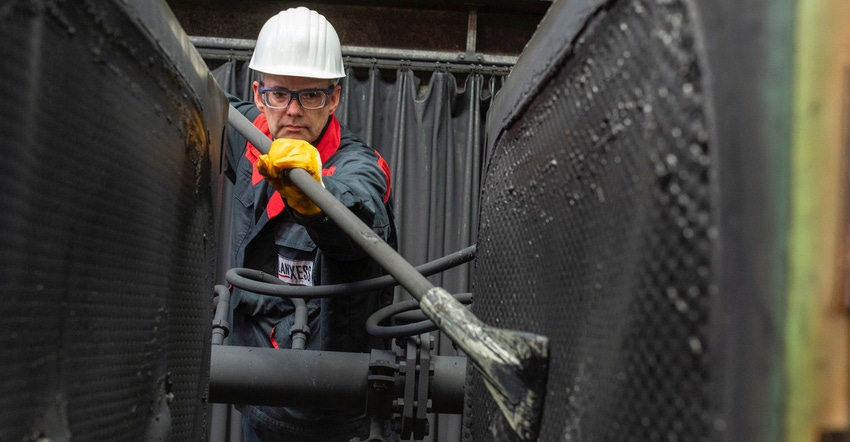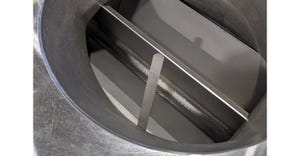The company recently completed debottlenecking measures at its plant in Krefeld-Uerdingen, Germany.
December 3, 2020

Specialty chemicals maker LANXESS has finished a debottlenecking project at its production facility in Krefeld-Uerdingen, Germany to increase the site’s capacity for black synthetic iron oxide pigments, the company announced in a recent release. The project increased the site’s output of the pigments by 5,000 mt/yr.
“The increased demand from the construction industry, in particular for our unique black pigments to color concrete, can be even better met with the debottlenecking measures that have now been completed,” Holger Hüppeler, head of LANXESS’ Inorganic Pigments business unit, said in a statement.
Demand for black pigments for coloring concrete has increased in recent years, according to the company.
“Thanks to their up to 15% higher tinting strength and reliable color consistency, our Bayferrox 330 and Bayferrox 340 black pigments are the preferred choice for coloring high-quality cement-based building materials – for example not only in manufacturing concrete paving stones and roof tiles, but also in architecture,” said Hüppeler.
LANXESS is the sole company using the Laux process to produce the synthetic iron oxide pigments, which provides the company with a number of sustainability benefits.
“Our goal is to use targeted measures to continuously reduce the CO2 footprint of our pigments. In the future the energetic use of hydrogen, which is produced during the production process of our pigments and can be used as a substitute for fossil fuels, will also play an important role,” Hüppeler explained.
The global market for iron oxide pigments is expected to grow at a CAGR of 3.7% between 2016 and 2024, a recent forecast by Grand View Research posits. The researchers expect the market to reach a value of 2.67 billion by the end of the period.
About the Author(s)
You May Also Like




